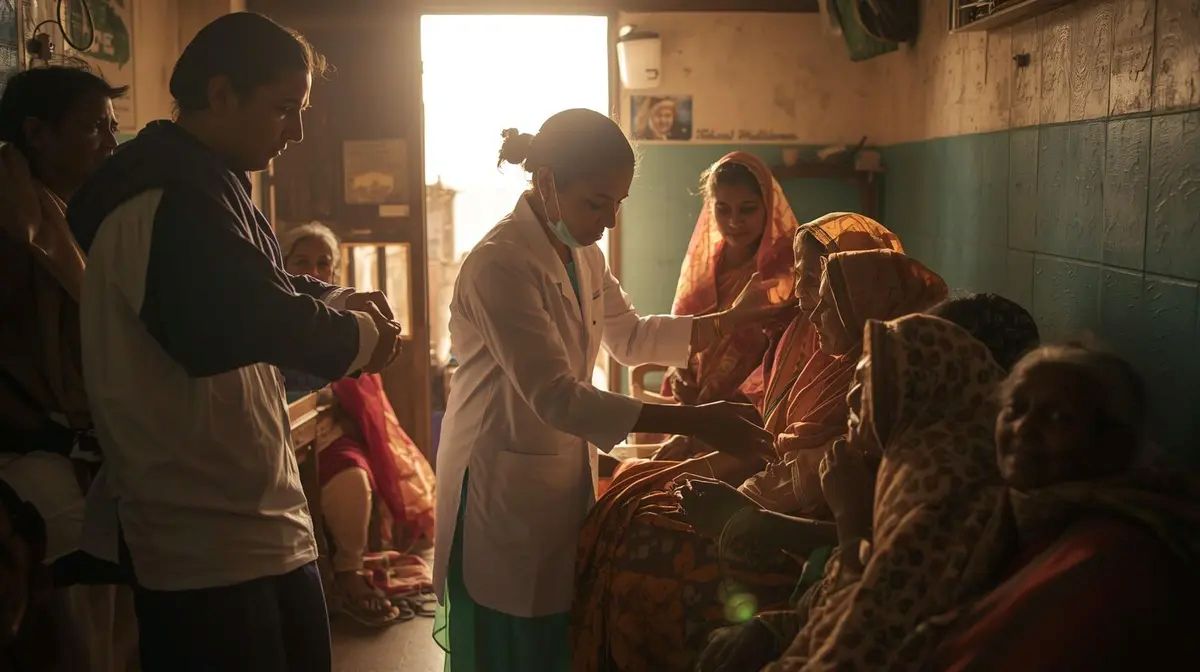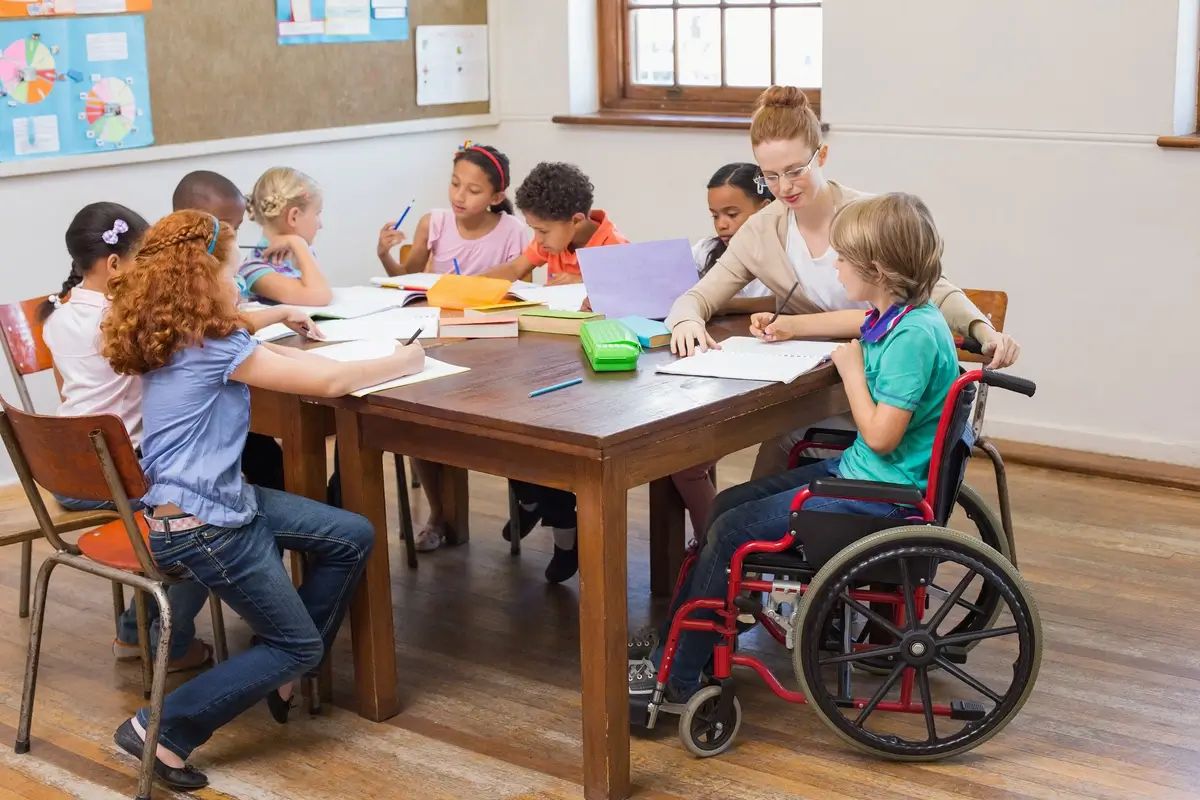Access to quality healthcarCharity Medical Services: Supporting Patients and the Community
Access to quality healthcare is one of the most pressing issues of our time. While medical science has advanced rapidly, millions of people worldwide still struggle to afford basic healthcare services. For disadvantaged groups — including low-income families, refugees, and people living in remote areas — the cost of treatments, medicines, and even simple consultations can feel impossible.
This is where charity medical services step in. These initiatives not only provide medical support to individuals in need but also strengthen entire communities by promoting health, dignity, and hope.
What Are Charity Medical Services?
Charity medical services are healthcare initiatives funded and operated by nonprofits, charitable organizations, and community groups. They often include:
Free or discounted consultations with doctors and specialists.
Medical check-ups and diagnostic tests such as blood pressure, diabetes, or cancer screenings.
Provision of essential medicines for chronic conditions.
Preventive healthcare programs like vaccination campaigns and awareness drives.
Support for vulnerable groups such as children, the elderly, and refugees.
Unlike traditional healthcare systems, these services focus on accessibility and inclusivity, ensuring that no one is left untreated due to financial hardship.

Why Are They So Important?
Charity medical services matter because they directly impact both individuals and communities:
Bridging Gaps in Healthcare Access
Many people cannot afford private healthcare or lack access to public facilities. Charity programs close this gap.
Preventing Long-Term Illness
Early screenings and preventive care reduce the chances of diseases becoming life-threatening.
Reducing Financial Burden
Families already under financial stress are spared from choosing between healthcare and basic necessities.
Strengthening Social Solidarity
These initiatives encourage a culture of giving, empathy, and social responsibility.
Benefits for Patients and Communities
For Patients: They gain timely access to treatments, improved health outcomes, and renewed hope.
For Families: Relief from the financial strain of high medical bills.
For Communities: A healthier population contributes to economic productivity and social stability.
For Society: Reduced pressure on public health systems when communities take part in prevention.
The Role of Abshar Atefeha
At Abshar Atefeha, we are committed to standing beside those in need. Our projects in charity medical services aim to:
Provide access to life-saving treatments.
Supply medicines and equipment to patients.
Support communities with preventive healthcare education.
Partner with professionals and institutions to expand outreach.
Every initiative is guided by compassion, transparency, and the belief that healthcare should be accessible to all.

How You Can ContributeSupporting charity medical services doesn’t always require significant resources. Even small efforts can make a difference:
Volunteering: Doctors, nurses, and healthcare workers can donate their expertise.
Donating: Financial aid, medical supplies, or even basic hygiene products are always valuable.
Advocating: Raising awareness within your community helps expand the reach of these services.
Partnering: Businesses and institutions can collaborate with charities to maximize impact.
Read more: How Donations Help Charities for Children with Special Needs Change Lives
Looking Ahead: Building Healthier Communities
Charity medical services are more than temporary relief — they are an investment in the future. By improving the health of individuals today, we empower communities for tomorrow. Patients regain their strength, families feel supported, and entire societies benefit from stronger, healthier populations.
Conclusion
Charity medical services stand as a symbol of compassion, humanity, and shared responsibility. They ensure that no one is left behind in the journey toward health and well-being. By supporting organizations like Abshar Atefeha, you can help bring medical care to those who need it most — and in doing so, help create a world where health is a right, not a privilege.

Frequently Asked Questions (FAQ)
1. What are charity medical services?
Charity medical services are healthcare initiatives provided free of charge or at a reduced cost, usually funded by nonprofit organizations or charities, to support patients who cannot afford regular medical care.
2. Who can benefit from charity medical services?
These services are typically designed for low-income families, refugees, elderly people, or anyone facing financial or social barriers to healthcare.
3. How do charity medical services support communities?
They improve public health, reduce the financial burden on families, and create healthier, more productive communities by offering preventive care and treatment.
4. How can I contribute to charity medical services?
You can support by donating money, medicines, or equipment, volunteering your skills, or spreading awareness about organizations that provide these services.
5. Are charity medical services sustainable in the long run?
Yes, with consistent community support, partnerships, and donations, these programs can create long-lasting impact and ensure continuous access to healthcare for vulnerable groups.
Abshar Atefeha Charity Institute
Statement on the Violation of the Right to Health in Gaza Due to Hospital Bombardments
Mr. President
The relentless bombardment of hospitals in Gaza has precipitated a grave violation of the right to health, as enshrined in international law. According to the OHCHR, as of March 2025, over 30 healthcare facilities have been destroyed or severely damaged since October 2023, with the WHO reporting that only 12 of Gaza’s 36 hospitals remain partially functional. The UN Special Rapporteur on the Right to Health has documented that these attacks have claimed over 500 healthcare workers’ lives and left 1.5 million residents without adequate medical access, exacerbating a humanitarian crisis. The OHCHR has condemned these acts as potential war crimes, emphasizing the disproportionate impact on civilians, including children and the elderly.
We strongly criticize the United States’ decision to pursue sanctions against ICC members following arrest warrants issued against senior Israeli officials.
We unequivocally support the ICC’s actions to uphold justice. We urge Member States of the Human Rights Council to submit evidence and documentation to the ICC, offering a measure of relief for the suffering endured by Gaza’s people over the past two years.




